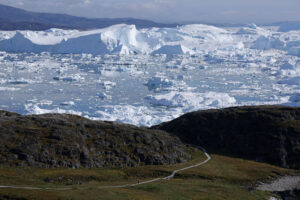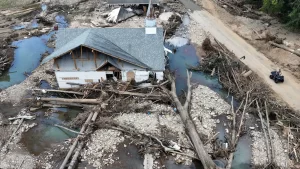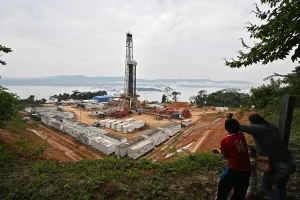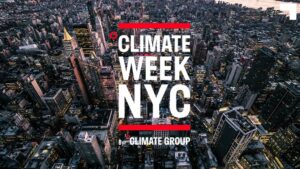An Example: One property owner reacts to climate change
Editor’s Note: climate change changes economic incentives, which change all sorts of things. Here, a major land owner in Florida exits raising oranges and will use the land for real estate development and other uses because “we must now reluctantly adapt to changing environmental and economic realities. Our citrus production has declined 73% over the last ten years, despite significant investments in land, trees and citrus disease treatments. The impact of Hurricanes Irma in 2017, Ian in 2022 and Milton in 2024 on our trees, already weakened from years of citrus greening disease, has led Alico to conclude that growing citrus is no longer economically viable for us in Florida,” said John Kiernan, Alico’s President and CEO.”












